Sean Duby, President of Pacific Press (USA)
I’ve known Sean when I ran an industrial 3D animation studio more than a decade and a half ago, since then, we’ve kept in contact as I traveled around the world and settled back in Canada. His company, Pacific Press, is a worldwide leader in the pressing out just about anything for an endless array of applications from food processing to mine cleanups.
You can visit Pacific Press at http://pacpress.com
Can you give me a little background about PacPress and your role in the company?
Pacific Press has been a filter presses manufacturer since 1983, I started the company out of a 2 bedroom apartment in Anaheim. Initially the product offering included distribution of other manufacturers products, but after understanding the market I realized we could produce a better product for an economical price by ourselves. My role as president is one of making sure that we remain in the forefront of our industry. Pacific Press has multiple R&D projects going on every day. We are continuously investigating new technologies and the applicability of them in to our product lines.
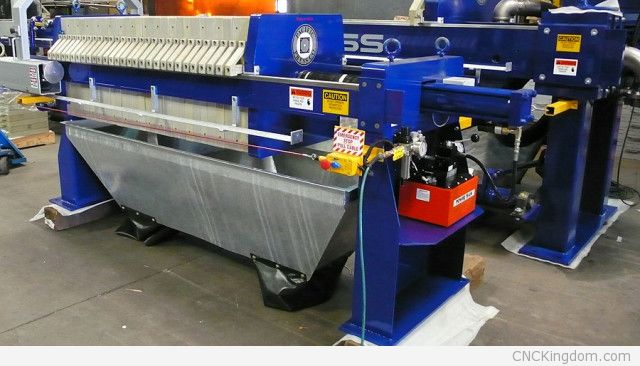
What is a filter press and why do companies and governments around the world trust PacPress to design and build it for them on time and within budget?
A filter press is a solids separation filter that removes solids from any liquid solution. It produces a dry cake that is so dry it can be “broken”. Applications range from power plants, mines and wineries. It often is supplied as a complete package with pumps, filters, heaters and controls in order to enable the customer to have a turn-key package. Pacific Press offers individually engineered and designed press to accommodate your specific requirements. Thanks to over 32 years of being in business and thousands of installations Pacific Press has grown to be the premiere filter press manufacturer of the Americas.
Can you give me an idea of your product line, capability and feature wise?
Our presses come with 6 size frames (470 mm, 630 mm, 800 mm, 1000 mm, 1200 mm and 1500 mm) and can be built from fully manual to fully automatic. They are fully scalable to handle from 1 cu. Ft.3 to 600 cu. Ft.3 of solids per cycle.
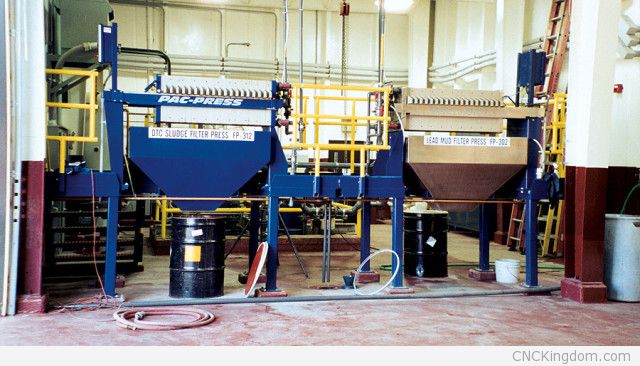
What markets do you serve?
Our customers widely fall under Mining, Water, Wastewater, Food and Beverage, Wine, Energy, Power, Environmental, Laundry, Textiles, and Petrochemical.
What is the difference between your AP-3 and AIS system controls? Do you also offer completely manual machines that aren’t CNC based?
AP-3 system is a basic controller with HMI that only runs one function – the process pump. The AIS can run up to a 1000 I/O system which could incorporate a complete plant and monitor the functions of liquid in their facility. We do also have manual machine that are for the smallest applications.
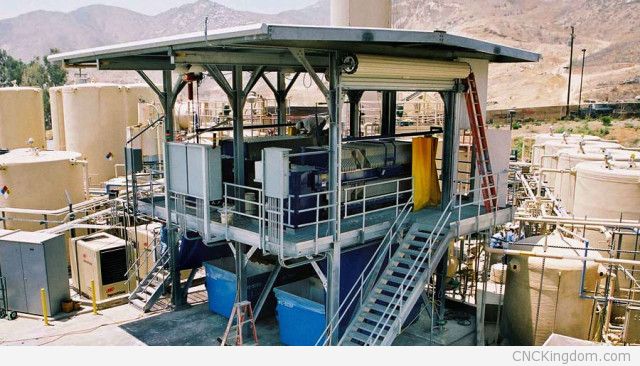
What kind of safety features do PacPress filters have? Which come standard and which are optional and why?
We include standard on every filter press a pull emergency cord. This emergency stop allows the operator to have control of the press closure at any location on the filter press without concern for rushing back to the control panel to turn the equipment off. Our customized presses can come with optional photoelectric “light curtains” that cover the operation area of the filter press. All options are OSHA approved and recommended.
PacPress offers a host of accessories and options, both attached and stand-alone to augment the filter press’ capabilities. Where do many of these ideas come from?
All of the options that are offered on the PacPress have been added to the product line with feedback from the customer. We offer a customer specified process for manufacturing the presses. This allows a customer to specify the type and brand of components of their choice in order to keep their plant requirements consistent. Although we would like to take credit for some innovations the customers’ ideas are what drive us to find a better solution.
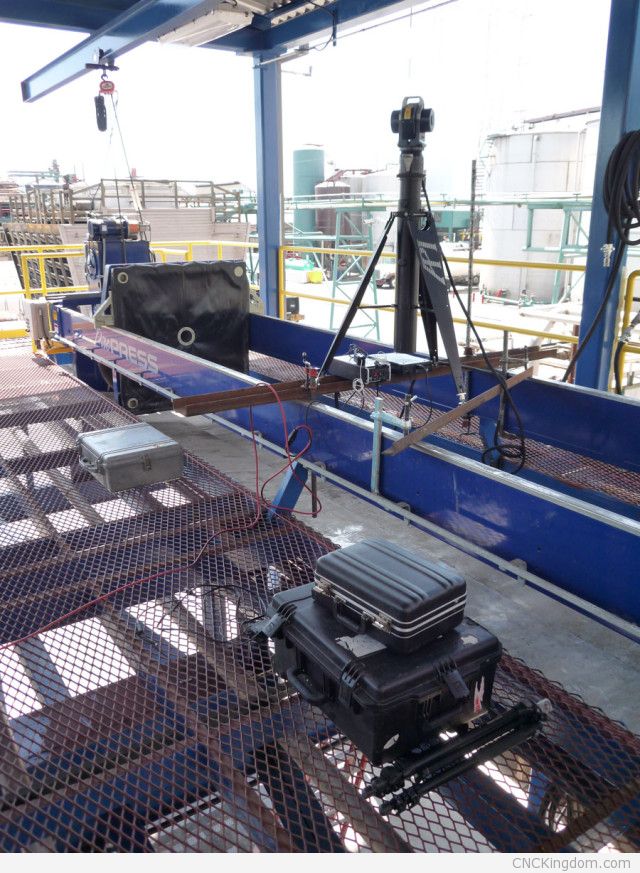
What I really find unique about your company is that you also manage rental units. The customer can either have you build a machine for them from scratch or rent one for extended periods of time. What are the benefits of renting a filter press vs buying out outright?
Renting a press is an opportunity to experience the operation of a filter press first hand. Often capital equipment decisions are a lengthy process by which the customer wants to be sure the vendor is a right fit for them. The rental program allows the customer to try before they buy. It gives them a chance to experience our customer service first hand. The rental process also allows the operators to understand the technology and test different options like the pump control. Rentals are also a great solution for seasonal industries such as Food and Beverage.
How heavy and big was your largest filter press design so far? What were some of the engineering challenges PacPress had building and designing it?
Our biggest project was an 80.000 lb. 2000 mm press. One of the most challenging works for our engineers was designing the CNC system and adapting it to fit into its demanding water treatment application (PH 11). We also had to design a crane system to lift the filter press onto a special low deck truck bed.
How many installs around the world has PacPress completed so far?
Thousands of Pacpress filters presses have been sent to over 22 countries.
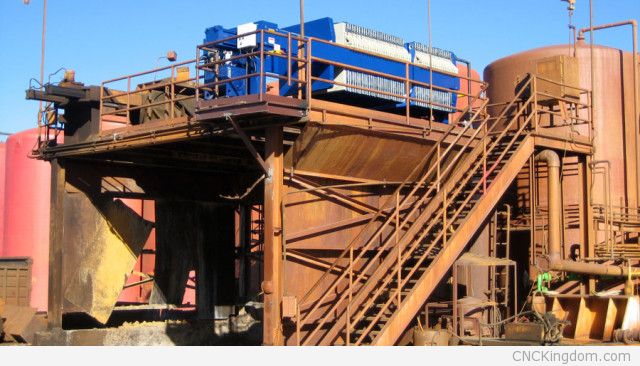
What are some of the more exotic uses and locations that you’ve designed a filter press for?
We manufactured a filter press for Star-Kist Tuna for use at their seafood processing plant in the Seychelles. It required a wonderful week-long start-up.
